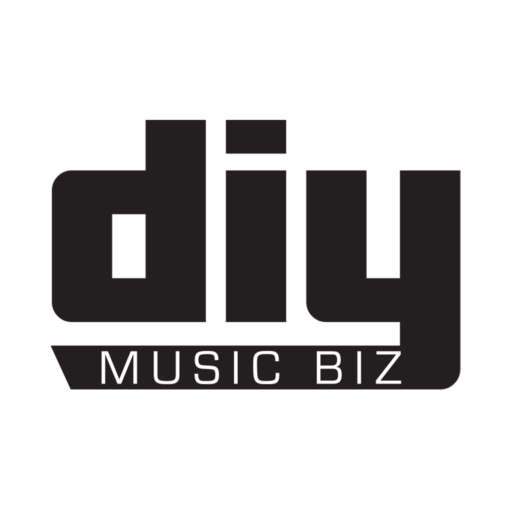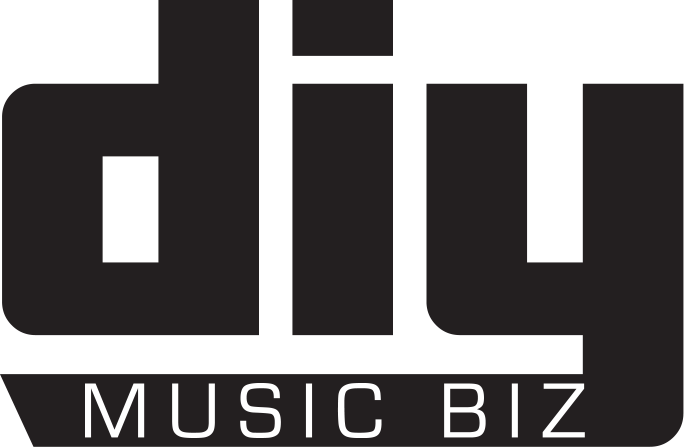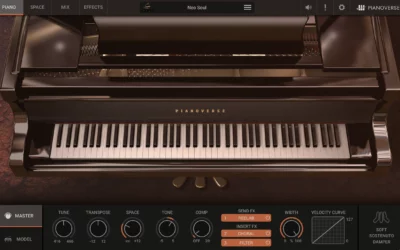 Fact – You’re reading this because you wanna make money from your music… Right?. I’m sure everyone does, but If not, leave my site. I don’t wanna waste anyone’s precious time with this useful information.
Fact – You’re reading this because you wanna make money from your music… Right?. I’m sure everyone does, but If not, leave my site. I don’t wanna waste anyone’s precious time with this useful information.
Hopefully, that pushed a few people away leaving only those who are serious about their business.
Now that we’ve gotten that out the way, let’s get down to brass tacks (old saying). It’s no secret, the industry has gone through lots of changes.
- CD sales are damn near non-existent
- Bloggers have more clout than A&R’s
- Record labels don’t run ****
- Major recording studios have kicked the budget
- Pro Engineers are freelancing (cheap jobs)
- Quality music doesn’t always prevail
If you have a decent-sized following, you have it made!
Seriously, anyone with a smartphone and a YouTube account can get an endorsement deal. We’re in a time where $600 mobile recording setups are quality enough to pump out commercial-sounding material and… AND more people are inking contracts online than ever before.
I can count on 1 hand how many clients I’ve actually met in person over the last 5 years.
Where am I going with all of this? I have no idea! I’m just ranting and giving you something to think about. So let’s jump into different ways you can make good money in this lovely world of audio.
1) Create Music For Video Games
This is a booming industry with lots of promise. It’s been surpassing the film industry in revenue for years and shows no signs of slowing down.
Games use to be console dominant, but now they’ve crossed over onto multiple platforms. More platforms along with new and easier technology spawn new game developers which in turn = lots of new games. It’s almost as if new games are released every month (if not sooner).
What You’ll Need
Sound editing skills, payment processor, music composition skills, people skills… nunchuck skills… you gotta have SKILLS.
→ Game engine knowledge is a plus ← not needed but does help. What’s important is providing the client with quality sounds. When I 1st started I was a little intimidated because I didn’t understand much. It was a learning process (as with anything), but the more you do, the more you learn. Projects will typically come along with pictures, videos, documentation/content outlines, etc.
Most of the projects I’ve been involved in only required wav or aiff files. But keep in mind, there may be times where a developer asks if you have experience with *insert gaming engine/Dev Tools*.
That could very well be the determining factor of you getting the gig or not.
2) Background Music
There are tons of projects out there in need of music and soundscapes. Video games, TV Shows, Films, Applications, Radio ads… etc. Like the video game industry, Tv/Film has a huge indie market which brings forth more projects.
I can’t think of 1 industry that doesn’t use music to promote, enhance/aid their product and or brand.
What You’ll Need
PRO (SESAC, ASCAP or BMI), payment processor, music, music supervisors, people skills, music library accounts, etc. Not everyone is a fan of using music libraries. The gripe/complaint is that they don’t pay fairly or don’t pay at all. The truth is they do exactly what they state in their terms and conditions, people just don’t bother reading.
I’ve had no issues using libraries and I strongly recommend them, but you have to be patient. Getting placements via libraries takes time.
Music supervisors are great as well, they have a lot on their plate, but are open and willing to work with anyone who can provide what they need in terms of music.
3) Sound Libraries/Loops
This is another profitable market. People pay for sounds and loops all the time: Companies, other composers, multimedia based companies these are your clients.
I’m willing to bet everyone has at least $5,000 in profit sitting on their hard drives. I’m not exaggerating that number, not even a little bit.
I know, I know, you’re waiting for your big break, right? I got a better idea… Bring those bad boys out, salvage them, pack them up, smack a price on them and sell em.
Easier said than done? – Only to the unsavvy
Training Required
Basic sound editing, basic mixing skills, an ear for good sound. Pay attention to popular formats. Quick example → Reason users like wav, refills and rex files. Sure we (I’m a Reason head) can do our own conversions, but convenience is what sells. Oh and lastly, make sure you understand your tools. Understanding your DAW/software applications improves workflow.
What You’ll Need
A Payment processor, delivery system, and a website or.. an affiliate willing to push your sound. Don’t be afraid of the word ‘affiliate’ they are easy to obtain and can cover much more ground than you ever will.
If this is a route that sounds interesting to you then you’re in luck!
I’ve created a course called →’The Art Of Sound Design‘ with Aaron Davison teaching you how to turn a profit from your old music & sounds that are laying around collecting dust.
4) Blogging/Gear Reviews
I don’t want to jump too far into affiliate marketing, but if you own music gear/instruments (and I’m sure you do) then there’s potential money to be made.
Create in-depth unique reviews of your gear or maybe even share tips on using the gear. In order for this to work, you must be affiliated with a product supplier of some sort.
“But I don’t like writing” That’s fine, whip out your smartphone and create a video review instead.
The Good
Dead simple, if you can write an email you can write a product review. It shouldn’t take more than 60 minutes (depending on wpm) even faster if you’re using a video camera. I still have posts floating around places like Squidoo that generate a few hundred dollars a month and I haven’t updated the content in years.
Now The Bad
It takes work! You have to provide the reader with something that solves their problem, you have to know what people want. You also have to be willing to update the information you provide as gear becomes discontinued, upgrade/updated etc. You have to keep up with all of that!
What’s Needed?
Affiliation with a supplier (as mentioned above) and a website. If you don’t have a website site you can skate by using free web2.0 based sites (Hubpages, blogger, etc). But please if you plan on making this a part of your business plan then consider hosting your reviews on your own domain. If HubPages or blogger (whatever) goes down …. there goes a part of your business right along with it.
5) Session Musician/Work For Hire
Easy money for your time/talents. I know session players who make a living laying down basslines, chords, drums, etc for producers and their projects.
Work for hire doesn’t just end with a session player. You could be hired as an audio engineer, songwriter, vocalist, Dj, and so on. Your talent and time = money in the bank.
The Good
It pays the bills. it’s a great way to meet other professionals in the field and you’ll work on a lot of projects (if you play your cards right). The best thing about these little ‘work for hire’ deals is you have very little attachment to any legal issues should they ever arise.
The last thing you want to do is have equity in a toxic asset → a lawsuit
Now The Bad
Most of the time your work/contribution to a project goes uncredited – but you do get paid!
I remember being paid to mimic drum patterns for local producers. Why would someone pay for that? Well, I was younger, I understood the trends, I knew my way around the tools and it was totally a ‘time vs money’ type of situation (for the client).
Now, these are just a few ways you can make money in the music industry, I’ll share more soon!
Ps – Out of curiosity, how many unfinished tracks do you have sitting on your hard drive right now?





